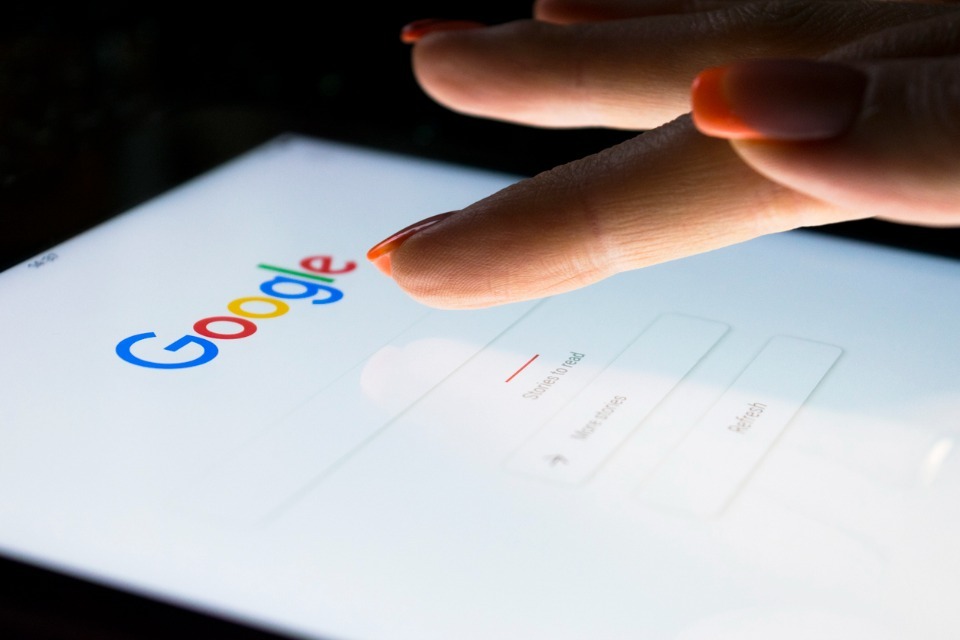AI Airlock Program Guidance Updates

The Medicines and Healthcare products Regulatory Agency (MHRA) has announced the call for applications for AI Airlock phase 2, building upon the initial launch of their first regulatory sandbox for AI as a Medical Device (AIaMD) products in Spring 2024. This application process is designed to gather comprehensive information about AI Medical Devices and their prototypes, meticulously evaluating their suitability for participation in the AI Airlock sandbox. The program aims to recruit up to four candidates for the next cohort, seeking to cover a broad spectrum of regulatory issues, healthcare or clinical disciplines, and varying levels of product and regulatory development.
Participants in the Airlock program stand to gain significant advantages, including a unique collaborative environment with industry and regulatory experts, a bespoke testing plan tailored to their specific needs, and a deeper understanding of the current regulatory framework. This proactive engagement in the regulatory sandbox offers an unparalleled opportunity to derisk innovative products before they enter the market, potentially streamlining future routes to market for candidates. Key outputs from the Airlock program will encompass detailed project reports from each candidate team, an 'Airlock Sandbox report' compiling learnings to inform future guidance and regulatory framework implications, and a comprehensive program evaluation report sharing insights on the effective use of regulatory sandboxes.
To apply, candidates must complete an application form and submit a proposal to the AI Airlock by the deadline of July 14, 2025, being mindful of character limits for each section. Companies of all sizes are encouraged to apply, and lead applicants may collaborate with other organizations. Following the initial application, shortlisted candidates may be invited to a follow-up meeting to elaborate on their application, product, and the specific regulatory challenge they wish to test. Confidentiality and commitment agreements will be established between the Airlock program and the selected phase 2 cohort candidates. Additional information may be requested, such as evidence demonstrating the basic principle of the idea, relevant certification, regulatory and technical/clinical documentation, and details regarding data access sources.
Eligibility for the AI Airlock program requires the product to be a medical device, as defined by the UK Medical Devices Regulation 2002, utilizing AI or machine learning. The product manufacturer must be a legal entity with the rights to market their product in the UK, and candidates must commit to participating for the program's duration. The product must demonstrate potential to deliver tangible benefits for patients and public health, with the patient population clearly identified. Furthermore, the product or concept application must be innovative, ideally transformative within the healthcare system or a novel modification of existing technologies or clinical processes. Crucially, the product must present a genuine regulatory challenge, providing examples of issues experienced by AIaMD products across their lifecycle. Finally, the proposal must be ready for trialling, meaning applicants should be able to establish a clear plan for the Airlock sandbox, commit necessary resources, define high-level objectives, and detail data access and quality management systems. The Airlock team, in collaboration with partners, will adopt a portfolio approach to selection, ensuring chosen products maximize the breadth of learning, with potential for reserve candidates and future cohorts based on demand.
The AI Airlock has designed three distinct testing environments to explore regulatory challenges: the Simulation Airlock, the Virtual Airlock, and the Real-World Airlock. The Simulation Airlock operates as a roundtable focus group, gathering key stakeholders and experts to address focused questions and develop regulatory solutions in a safe space. It's suitable for challenges requiring cross-functional alignment, multi-stakeholder engagement, or for conceptual products in early development stages where data access is not available or needed. The Virtual Airlock is a digital testing space integrated within or around an AI system, allowing testers to interact with the AI, provide inputs, observe responses, and inspect internal processes. It simulates real tasks to evaluate aspects like accuracy, reliability, and reasoning. The Real-World Airlock involves testing the AI product in its actual intended environment, such as a hospital, but without impacting real healthcare outcomes. Here, the AI is used alongside medical professionals and real patient data, following standard clinical processes, though its outputs are not used for real patient decisions. The objective is to assess the AI's practical performance, its integration into workflows, its accuracy, helpfulness, safety, and reliability in standard use. While these environments can be utilized flexibly based on the regulatory challenges, applicants are currently required to provide their own access to virtual or real-world environments and data for the testing within the Airlock.
The AI Airlock Partners include the MHRA, the Department of Health and Social Care (DHSC), and Team AB (the Association of Approved Bodies for Medical Devices in the UK). The program also collaborates with other government departments, such as the Department of Science, Innovation and Technology via the Regulatory Innovation Office. Additionally, the Information Commissioner’s Office (ICO) supports the MHRA AI Airlock by offering a referral service to provide data protection by design advice to applicants, which can be requested during the application process.
Regarding fees and funding, there are no charges for applying to or participating in the AI Airlock programme. The selection process and the expert advice provided by the consortium of Airlock Partners to selected cohort members are entirely free of charge. However, while no direct fees are imposed, candidates are expected to make a resource commitment to the MHRA upon joining the Airlock. Furthermore, candidates are responsible for funding their own studies and the delivery of any Airlock testing, including securing access to relevant datasets. The second phase of the AI Airlock is slated to run until April 2026. Although each sandbox testing plan will be customized to the product and its specific challenge, candidates should anticipate completing their individual Airlock testing within a six-month timeframe.








